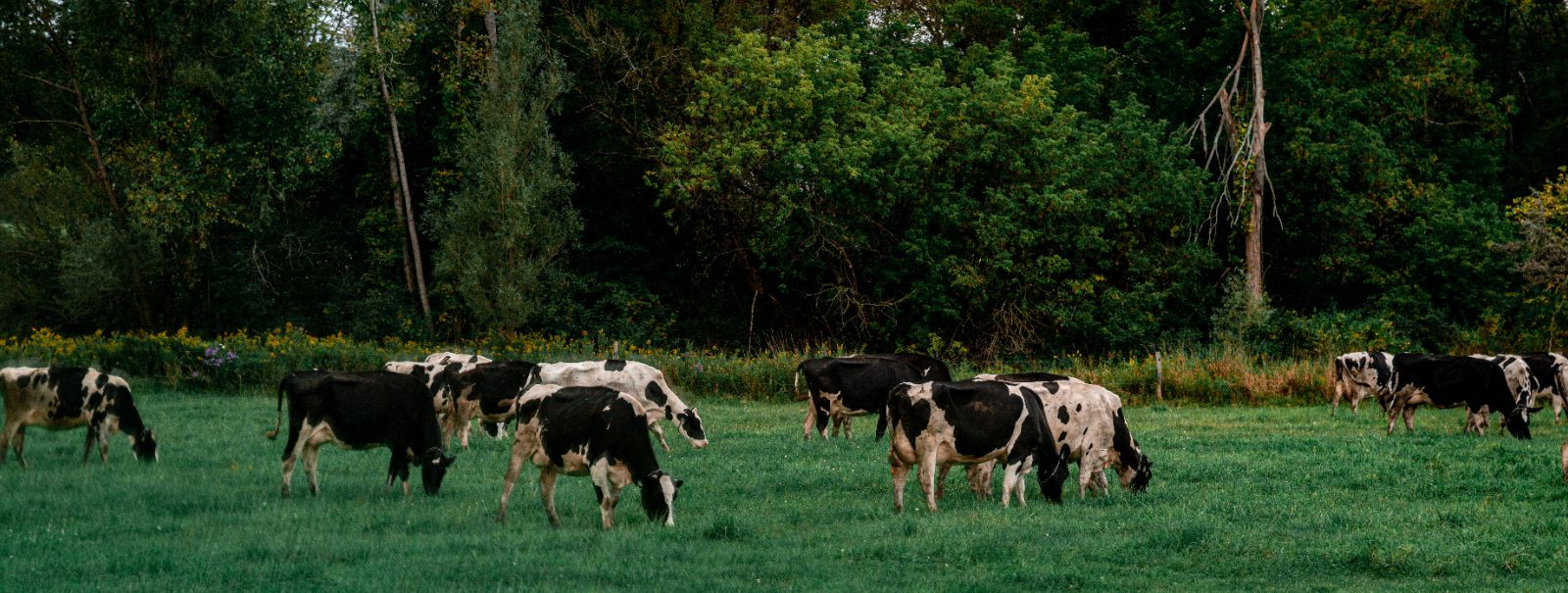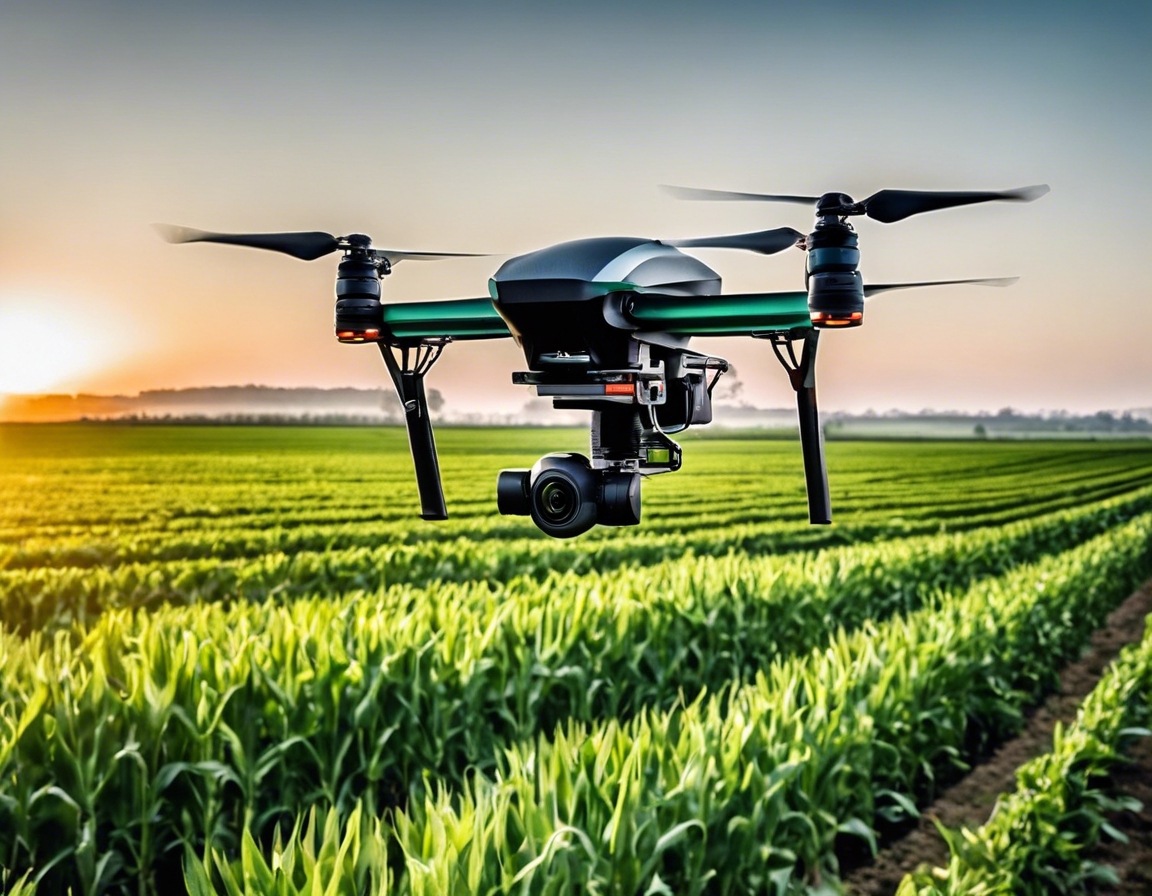The benefits of integrating livestock into crop farming
Integrated farming systems represent a holistic approach to agriculture, where the symbiotic relationship between livestock and crops is leveraged to create a more sustainable and productive farming operation. This method of farming can lead to numerous benefits, aligning perfectly with the values of eco-conscious farmers and agricultural businesses focused on sustainability.
Integrated livestock-crop farming is a practice where animals and crops are raised together in a mutually beneficial system. This approach can take various forms, from grazing animals on crop residues to utilizing manure as fertilizer for crops.
Historically, integrated farming was the norm, with farmers recognizing the natural benefits of a diverse agricultural system. In the modern context, as we face environmental challenges and a push towards sustainable practices, integrating livestock into crop farming is gaining renewed interest.
Ecological Advantages
One of the primary ecological benefits of integrating livestock into crop farming is the enhancement of soil fertility. Animal manure is a rich source of nutrients that can improve soil structure and health, leading to better crop yields.
Integrated systems support a wider range of flora and fauna, contributing to increased biodiversity. This diversity can bolster ecosystem resilience and lead to healthier agricultural landscapes.
Livestock can help manage pests and weeds in a natural way, reducing the need for chemical inputs and promoting a more balanced ecosystem.
Economic Benefits
By incorporating livestock, farmers can diversify their income sources, which can provide financial stability in the face of market fluctuations and crop failures.
The use of manure as fertilizer and the natural pest control provided by livestock can lead to significant reductions in the cost of inputs like synthetic fertilizers and pesticides.
Integrated farming opens up opportunities for value-added products such as organic produce and free-range meats, which can command higher prices in the market.
Social and Community Impacts
The integration of livestock into crop farming can contribute to food security by providing a more stable and diverse food supply. Additionally, it can enhance the nutritional content of the food produced.
Integrated farming systems can strengthen community ties, as farmers work together and share knowledge on sustainable practices. This collaboration can lead to greater resilience in rural communities.
Challenges and Considerations
While the benefits are clear, integrating livestock into crop farming does add complexity to farm management. Farmers must be prepared to handle the intricacies of managing multiple interrelated systems.
Transitioning to an integrated system may require upfront investments in infrastructure, such as fencing for rotational grazing or facilities for processing manure.





Comments (0)